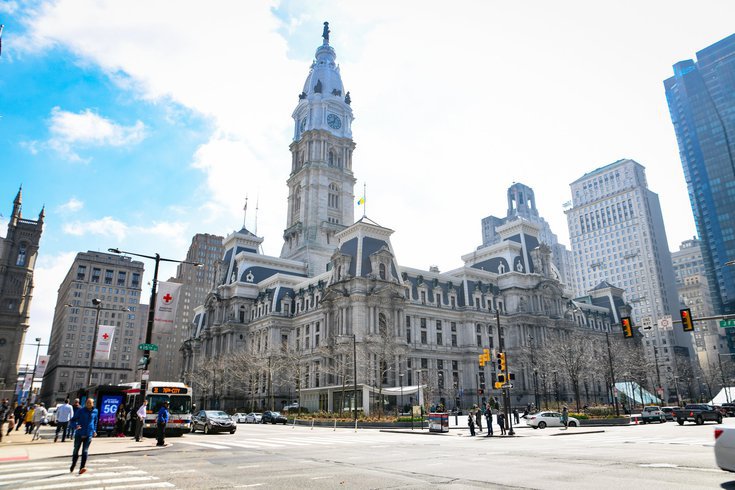
March 22, 2023
 Kate Frese/for PhillyVoice
Kate Frese/for PhillyVoice
The ProgressPHL dashboard, designed in collaboration with the Social Progress Imperative, was created to track the city's progress in improving struggling areas across neighborhoods.
With the budget soon to be discussed during Philadelphia City Council hearings next month, policymakers will have a new database at their disposal to help track resident needs and neighborhoods that have room for improvement.
The new online dashboard ProgressPHL, created by the City Controller's office, measures social progress in Philly neighborhoods through 50 indicators such as public safety, nutrition, primary medical care, housing, education, environmental quality, internet access, water and sanitation.
The ProgressPHL dashboard used information from the U.S. Census to divide the city into 372 neighborhoods and develop an index score.
For example, areas like Queen Village score 69, while Upper Kensington has an index score of 28.
"The idea is to measure what things really matter in everyday life to Philadelphians," Nick Hand, director of finance policy and data for the Controller's Office, said. "When they go about their day, we're concerned about things outside of the traditional economic indicators. So we're hopeful that it will be a resource for policymakers and other city officials to target investments."
Hand said that the online data could help determine why some neighborhoods are progressing better than others and how to improve struggling areas.
Creating ProgressPHL allows the city to answer specific questions, Hand continued, such as, "Are Philadelphians healthy and safe? Do they have clean water and a roof over their heads? Can they freely access information, and are their rights being protected?"
The project was completed with the help of the Social Project Imperative nonprofit, which measures similar indicators globally. Philadelphia is the largest U.S. to create a database like this.
"ProgressPHL provides a shared language for Philadelphians to describe their lived experiences and observations within and across neighborhoods," Dr. Emmanuel Frimpong Boamah, of Social Progress Imperative, said. "This data tool celebrates the city's progress so far, illuminates what needs improvement, and helps catalyze stakeholders' coalitions to work together in dismantling structural inequities around issues such as health, education, housing, and transportation."
Hand believes access to this information brings another level of accountability to government officials spending budget dollars.
"I think the budget proposal from Mayor Kenney was $6.1 billion, so it's increased with the influx of American Rescue Plan funding," he said. "Can we have a level of accountability around, you know, is that money making progress on the things that matter most to Philadelphia?"